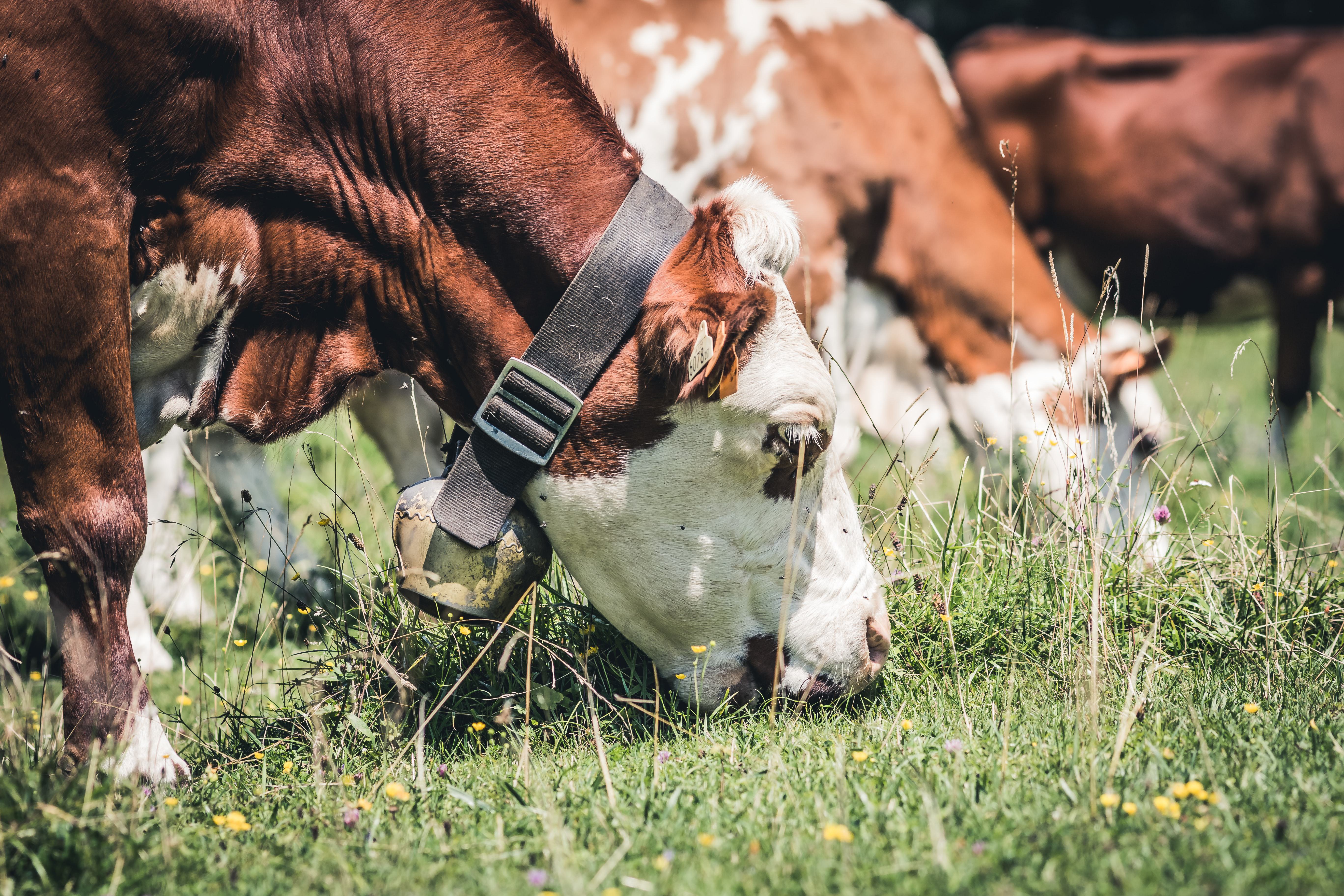Mismanagement of forages can be detrimental for many reasons.
Forages feed livestock, offering them the nutrients they need to live healthily. When weeds affect the forages found in pastures, they can replace desirable grass species.
According to David Russell, an Alabama Cooperative Extension System weed specialist, this is why weed control and spring forage management are so important.
Alabama is home to many different weed species, bullrush and herbaceous broadleaves included.
Integrated Pest Management
Farmers typically spend months getting their fields ready to maximize good grass yields every year. This includes the proper prevention and removal of weeds.
Russell suggests using integrated pest management (IPM) to manage weeds’ impact on hayfields and pastures.
“IPM is an ecosystem-based strategy that focuses on long term prevention of pest [species] or their damage through a combination of techniques such as biological control, habitat manipulation, modification of cultural practices and the use of resistant varieties,” Russell said.
How to get rid of weeds
When weeds have already sprouted, farmers can use mechanical techniques, such as tillage, mowing, hand pulling and hoeing to physically remove weeds from the infected area.
However, Russell warned against mowing.
“Mowing may remove 75 to 400 pounds of grazable dry matter per acre," Russell said.
Mowing might also become impractical or time-consuming because, in optimal conditions, farmers might have to mow twice a day.
Farmers can also apply herbicides to weeds or soils to prevent weed growth and eliminate them once they’ve sprouted. They must be careful to identify weeds, select herbicides and calibrate equipment properly.
Choosing the correct chemicals
According to Russell, a handful of herbicides are both useful and available. These include 2,4-D Amine, Rezilon, Weedmaster, GrazonNext HL and Prowl H20.
Choosing the wrong chemicals can cause damage to forages. Whether the forage is Bermudagrass, tall fescue, clover or many of the other types of forages common to Alabama, it is essential to know what forage on which you intend to use chemicals before selecting a herbicide.
Russell suggests seeking professional help before using herbicides, or farmers must do proper research to determine the best way to protect their forages.
To connect with the author of this story, or to comment, email will.blakely@1819News.com.








